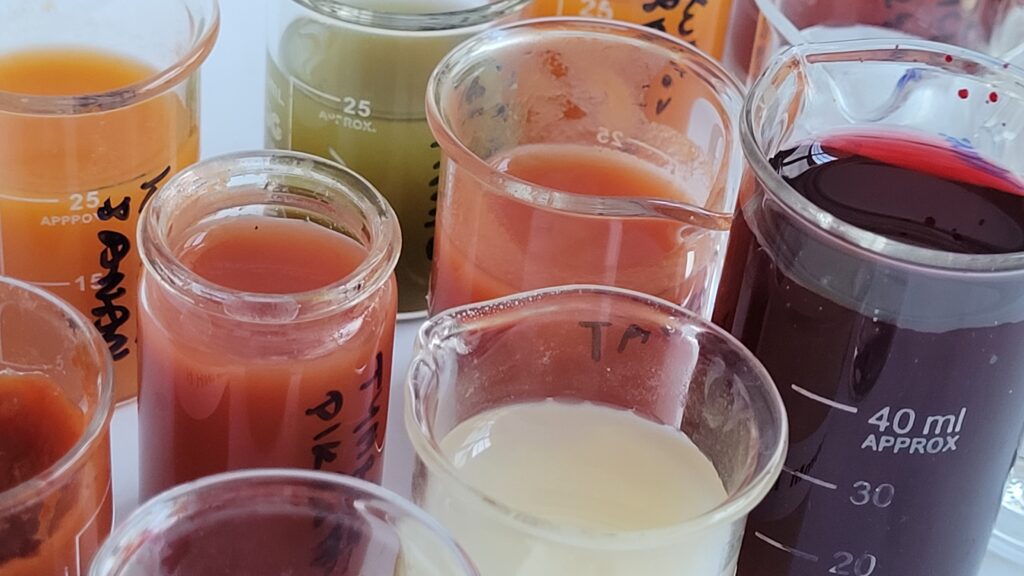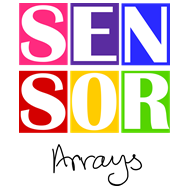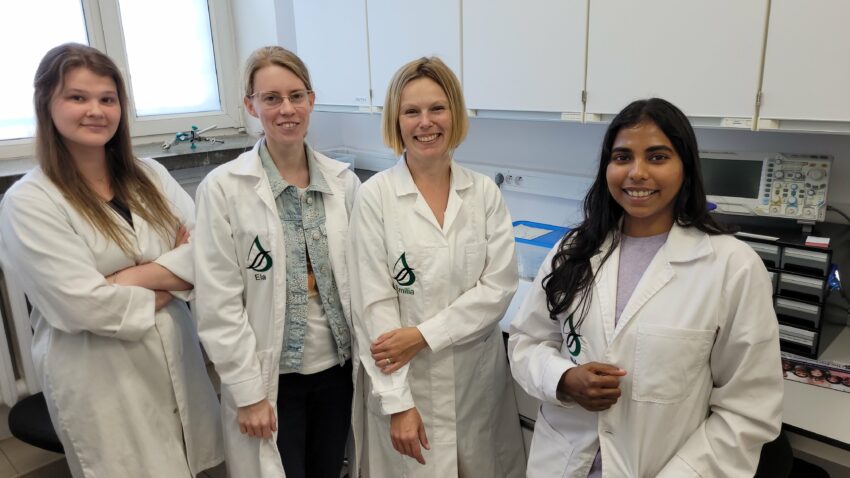In July we had a short-term group member from the Warsaw University of Technology. Julia Wojnowska, a 3rd-year student of the Faculty of Chemistry, worked with Elżbieta on the characterization and application of low-cost ion-selective electrodes.
They prepared sensor calibration curves based on two potassium-selective ionophores and performed selectivity studies. Ultimately, they constructed an array of electrodes to quantify potassium in complex samples such as tomato juices, beetroot soup concentrate, pharmaceutical supplements, etc. Although it was not possible to measure potassium directly in some of the samples based on the calibration curve, with a few additional sensors and some machine learning, Julia and Elżbieta were able to quantify potassium in all seven tested groups of samples (pharmaceutical supplements, mineral waters, and tomato juices from different brands, banana juice, dried fruits, tomato sauce, and a beetroot soup concentrate.
Potassium is, along with sodium, magnesium and calcium, one of the main electrolytes present in our cells. It is responsible for maintaining the appropriate electric voltage on cell membranes and is responsible for the transmission of electrical impulses between cells. When choosing food products for the analysis, we noticed that the level of potassium is not always marked on the label, which is extremely important for people with diabetes, potassium deficiency (hypokalaemia) or hyperkalaemia. Construction of such e-tongue could be a big help for many of them!



1 thought on “Summer intern Julia working with Elżbieta on low-cost ISE electrodes”